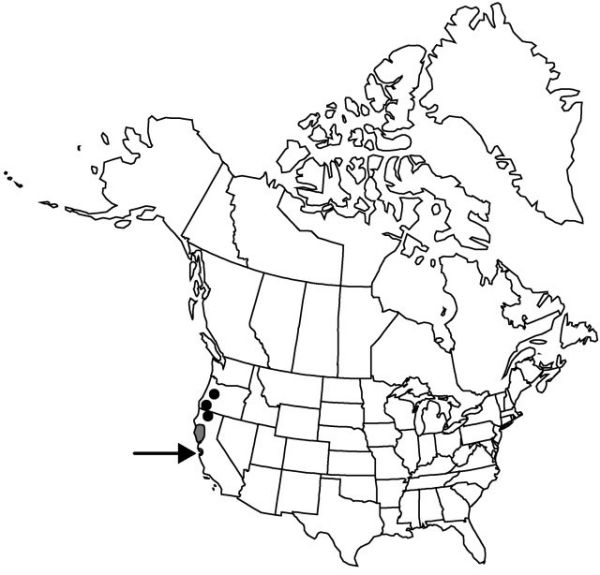Difference between revisions of "Calochortus uniflorus"
Bot. Beechey Voy., 398, plate 94. 1840.
FNA>Volume Importer |
FNA>Volume Importer |
||
| Line 47: | Line 47: | ||
|publication year=1840 | |publication year=1840 | ||
|special status= | |special status= | ||
| − | |source xml=https://jpend@bitbucket.org/aafc-mbb/fna-data-curation.git/src/ | + | |source xml=https://jpend@bitbucket.org/aafc-mbb/fna-data-curation.git/src/f6b125a955440c0872999024f038d74684f65921/coarse_grained_fna_xml/V26/V26_165.xml |
|genus=Calochortus | |genus=Calochortus | ||
|species=Calochortus uniflorus | |species=Calochortus uniflorus | ||
Revision as of 19:30, 24 September 2019
Stems usually not branching, shorter than 5(–10) cm, bearing bulblets near base. Leaves: basal persistent, 1–4 dm; blade lanceolate, flat; cauline usually present. Inflorescences subumbellate, 1–5-flowered; bracts 2–4, linear, attenuate. Flowers erect; perianth open, campanulate; sepals elliptic-lanceolate, 12–16 mm, glabrous, apex acuminate; petals ± white to pink, often with purple blotch distal to gland, broadly obovate, cuneate, 15–28 mm, adaxial surface glabrous or sparsely hairy, margins irregularly dentate distally; glands covered with ciliate membranes, bordered distally by short hairs; filaments longer than anthers; anthers oblong, apex obtuse or acute. Capsules nodding, narrowly 3-winged, 1–3 cm. Seeds dark brown, irregular. 2n = 20, 40.
Phenology: Flowering late spring–mid summer.
Habitat: Moist meadows
Elevation: 0–200 m
Discussion
Selected References
None.
